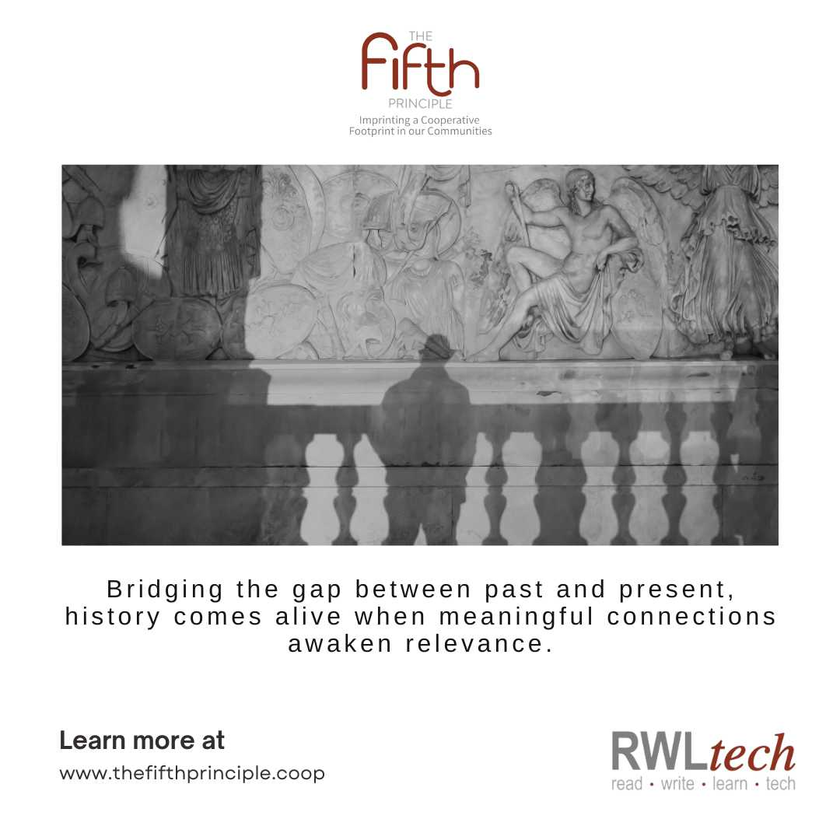Connecting with history can be a struggle for many individuals, primarily due to the difficulty in establishing a personal connection to the subject matter. The sheer temporal gap between events that unfolded centuries or millennia ago and the present can make it challenging to perceive their relevance in modern life. When the links between the past and the present are not readily apparent, history may seem distant and disconnected from one's own experiences, leading to a sense of disinterest and detachment. Overcoming this barrier requires finding meaningful connections that bridge the gap and bring the relevance of history to life.
Do you want to learn more about what you can do to act NOW! and save our Constitution.
https://www.thefifthprinciple.coop/wcid.html
Take your learning to the next level:
✍️ Join our course on faith here.
https://www.thefifthprinciple.coop/faith.html
✍️Learn about historical events that shape our future. ...


Join us for this great home school summit! https://greatdiscovery.ai/homeschool/416328/
I encourage YOU to employ what I call "Harmonic Leadership," which is a really evocative name. Let's explore the core philosophy behind that title and what it means to lead harmonically?
This is a concept I chose very intentionally. For too long, we’ve associated leadership with a single, loud voice—a soloist. But the most successful, innovative, and resilient teams don't operate like a solo act; they operate like a symphony or a great jazz ensemble.
Harmonic Leadership is built on a simple but profound idea: a leader's primary role is not to be the best player, but to create an environment where every musician (person) can play their best, together. It’s not about everyone hitting the same note—that's unison, not harmony. Harmony is when different, diverse notes combine to create a sound that's richer and more beautiful than any single note (person) could be on its own.
So, to lead harmonically means you are focused on tuning the team. You’re listening to the dynamics, blending ...













